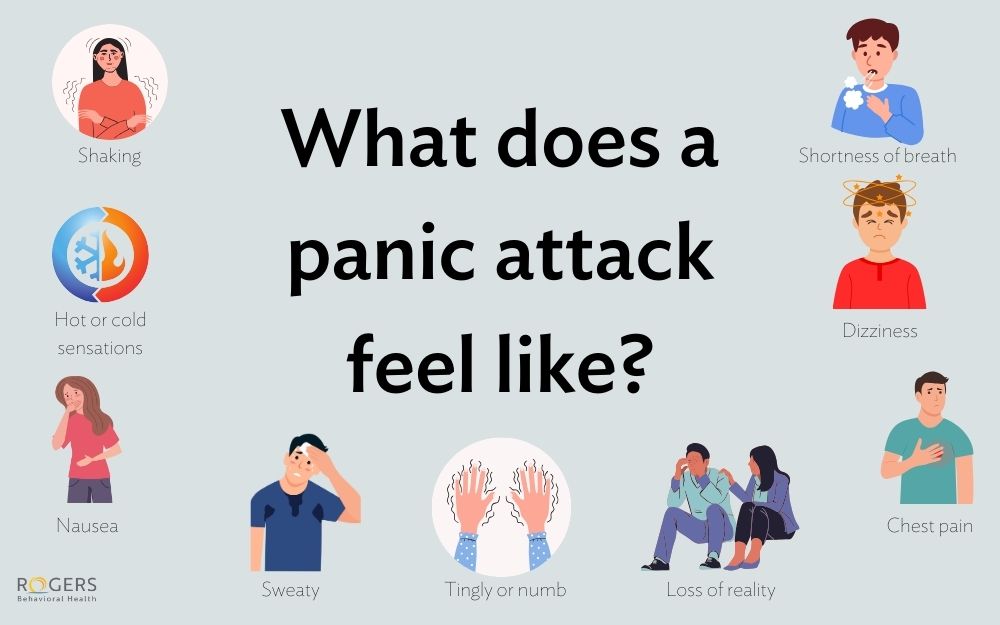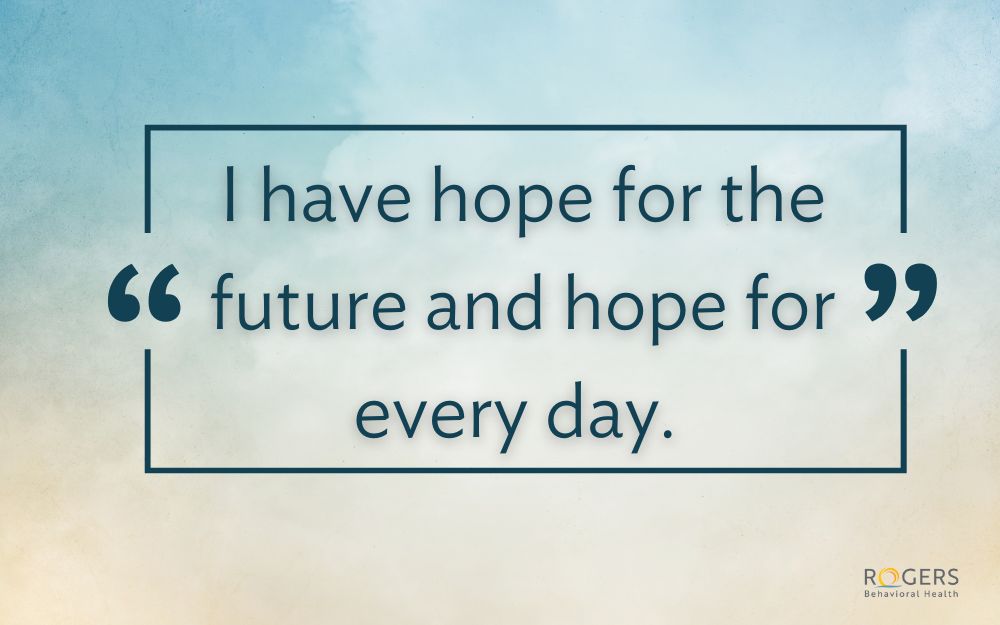Supporting parents who support kids in addiction treatment
Posted on 10/16/17 09:12:pm “It’s one of the most difficult things for a parent to figure out how to support a child in recovery,” shares Dr. Amy Kuechler, PsyD, who started the parent support group at Rogers–Brown Deer nearly three years ago.
“It’s one of the most difficult things for a parent to figure out how to support a child in recovery,” shares Dr. Amy Kuechler, PsyD, who started the parent support group at Rogers–Brown Deer nearly three years ago.
Each Tuesday afternoon for 90 minutes, parents of teens in the partial hospital and intensive outpatient dual diagnosis programs gather to learn and support each other. Patients in these programs are struggling with addiction in addition to at least one other disorder like depression or anxiety.
“We talk a lot about appropriate parenting and boundaries. It’s important to be the parent versus a friend and not enable the teen, but also not be too overbearing. Parents have to walk a fine balance,” adds Dr. Kuechler.
Led by a social worker, the group sessions provide the parents an additional support system. It’s a safe place to talk about things they’re trying at home and acknowledge successes when things go well.
Renee, mother of a 17-year-old who went through treatment at Rogers, participated regularly in the group while her daughter was in treatment. “As parents came and went from the group, everyone had the opportunity to speak, and it was comforting to know I wasn’t alone in what I was dealing with as a parent. I also really liked that the leader encouraged self-care. Going through something like this is stressful, and it was a good reminder to take care of myself too,” Renee shares.
Deja is another mom who found the support group invaluable. “As we were all trying to get our kids clean and sober, we came to realize that we were going through a similar experience with our feelings and anxiety. We found comradery in knowing we weren’t alone,” she shares.
In addition to parenting styles and self-care topics, the groups discuss the symptoms of various mental illnesses. They also learn about the development of the adolescent brain and how that contributes to substance abuse.
“The groups are incredibly beneficial to the treatment process because we’re caring for people who are key to recovery.” Dr. Kuechler adds. “I’m happy that we can offer this innovative approach. Based on the success of the parent group, other Rogers programs are now starting to incorporate that component into their treatment programs. We are collecting data and will evaluate the impact that this level of parent education and engagement has on clinical outcomes. Not many are doing it in the industry, and it’s exciting to see how much potential this has.”
Parents certainly appreciate the expertise that the group leaders offer. Deja adds, “They offered great insights and feedback, which made it a very rewarding experience. I don’t think we would have been as successful in the treatment overall without the weekly meetings with the other families.”
Topics
Share this article:



